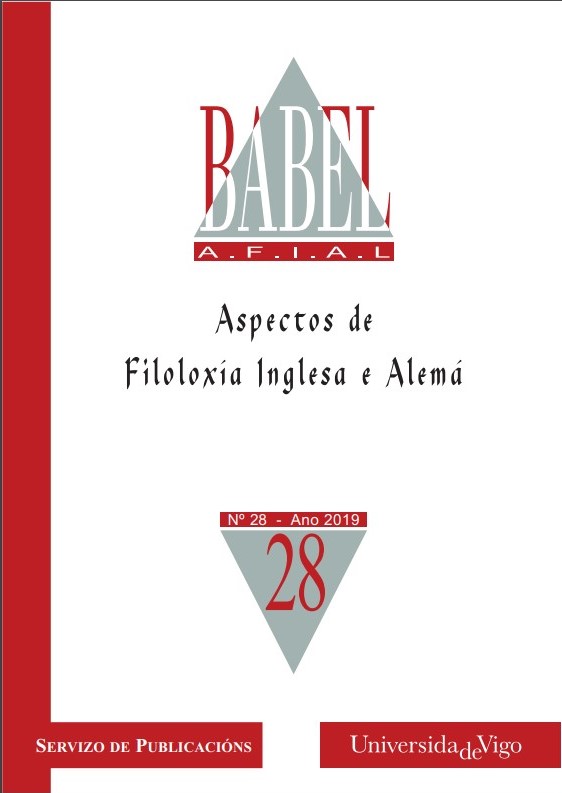An Ambiguous Victorian Utopia. Death and Estrangement in W.H. Hudson’s A Crystal Age (1887)
DOI:
https://doi.org/10.35869/afial.v0i28.1443Keywords:
W.H. Hudson, Victorian utopian novel, split identity, A Crystal AgeAbstract
In this paper, we study A Crystal Age (1887), Anglo-Argentine writer William Henry Hudson’s second novel, in relation to its generic affiliation with Victorian utopian literature. We analyze how the concept of utopia in Hudson also introduces an indirect representation of the American colonial space, as a fictional crystallization of his complex split identity, theoretical proposal that allows us to discuss with the concepts of biculturalism, contact zone, liminality, in-between and border subject in relation to their applicability to the naturalist’s figure. Through a comparison of narrative structures with The Purple Land (1885), the author’s first novel, we reassert the importance of the concept of utopia as center of the Hudsonian thoughts, in close relation to his notions of childhood and nature. We delve into the way in which split identity, as a biographical effect of Hudson’s figure, makes its way into his fiction, where it crystallizes as narrative mechanisms through figurative strategies of representation.



